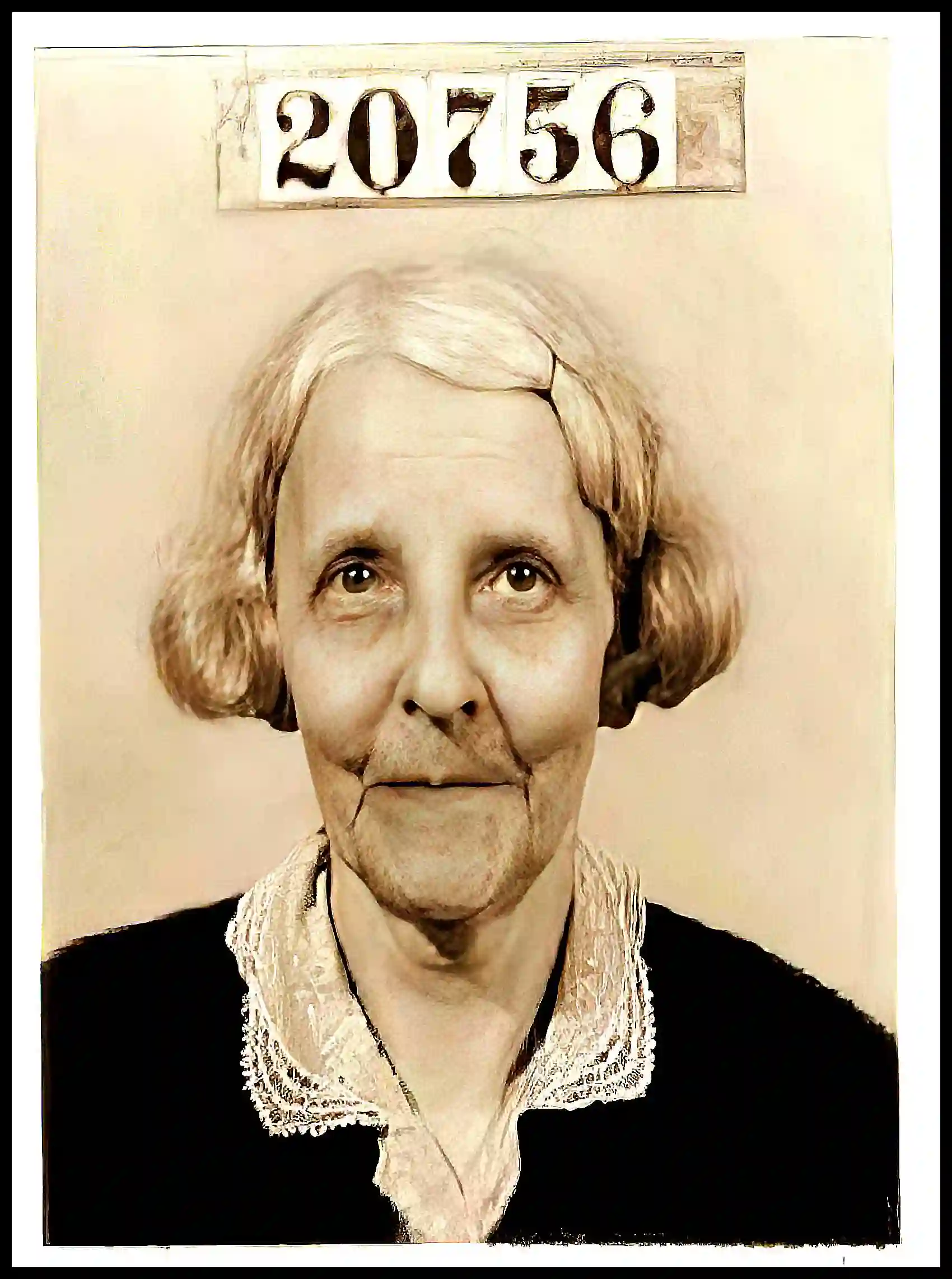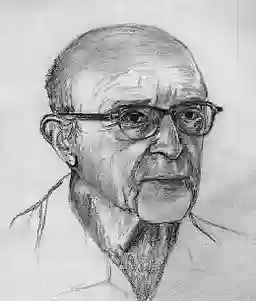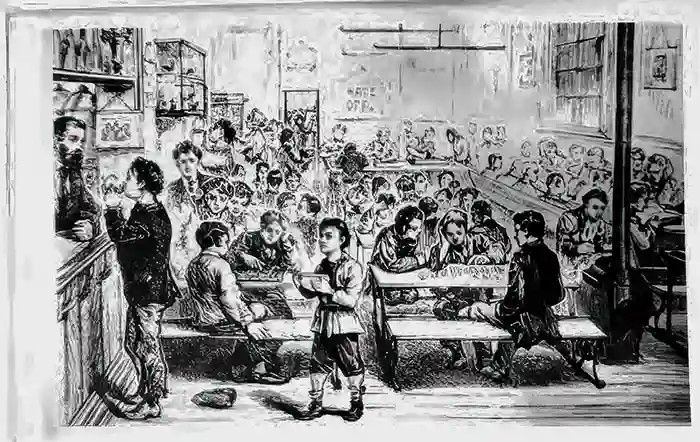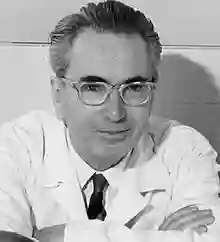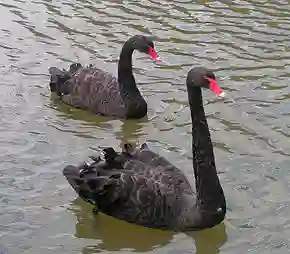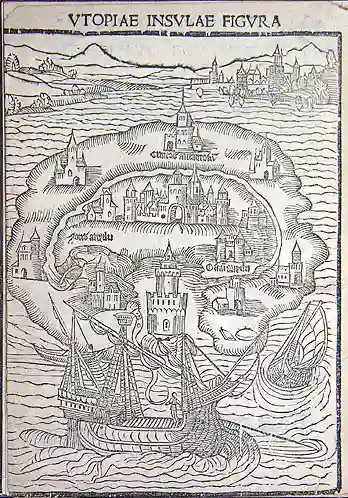Person Centred Theory: Flourishing and the Sociological Habitat
This article explores several interrelated themes centered around the concept of ‘person-centered’ theory and its application in various societal contexts, particularly within modern Britain. Through an exploration of key themes it argues for a comprehensive, systems-oriented view of person-centered practices, emphasizing the need for genuine engagement, recognition, and understanding of the complex contexts in which individuals exist to promote health and well-being. Read more…
What Causes Wellness by Harry Burns
The Union and the Collapse of Ragged Day Schools, 1861 – 1874
From the Report of the Commission to the Education Act, the Union continued to expand its enterprises, though the rate of acceleration was not as great as in the previous decade. It retained its characteristic of gauche eagerness, and this period differed from the previous one only in its emphases and conclusions. Its finances reached their peak.
The Educational System of the Gaels
The text following this potted biography gives an account of the educational system of the Gaels written by Alice Stopford Green who lived from May 1847 to 28 May 1929. She was an Irish historian, nationalist, and member of the first Seanad Éireann – the upper house of the Oireachtas (parliament) of the Irish Free State from 1922 to 1936. It has also been known simply as the Senate.
The Importance of Meaning in Life: Perspectives on Occupational Therapy
This article explores the significance of meaningful activity in the context of well-being for individuals and communities in the post-modern era. By picking up on the distinctions between meaningful and unmeaningful activity, it examines how a break down of meaning contributes to “deaths of despair” in Western societies.
A Record of the Emergent: Researching the Relationship Between the Work and the Producer
This piece of work was written for an assignment for Anthony Schrag’s teaching in the area of ‘Practice as Research’. All the work I have been producing for the course I operationalise in the world outside of formal academia, in particular relating to the social practice I have been doing through Ragged University which ultimately got me invited onto a Masters course on the basis of the work I did and continue to do in the community.
Read more…
Karl Popper’s Falsification and the Demarcation of Scientific Knowledge: A Digest
In the pursuit of understanding what makes a science a science, we are faced with the challenge of demarcation. This challenge requires us to differentiate between genuine sciences and pseudo sciences in a motivated and nonarbitrary way. While it is important to acknowledge other epistemically special endeavors like mathematics, engineering, and art, our main focus is on distinguishing between true sciences and those that falsely claim the special epistemic status that science holds. Read more…
Utopian and Apocalyptic Thought By Richard Gunn
In his timely Heathwood article on the the dialectic of utopia, Michael Ott stresses the importance of Ernst Bloch’s and T.W. Adorno’s 1964 discussion of utopian thought.[1] I follow Ott in relating my observations to this exchange. Read more…

